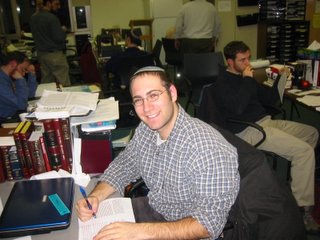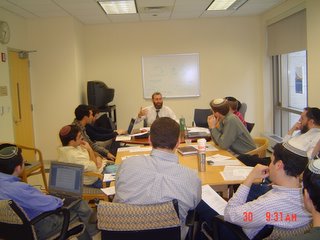
When R' Meir Lichtenstein spoke at our yeshiva, I realized that I have a problem with attributing logic to the statements of our sages when they are not specified within the Talmud. Granted, there is, of course, the issue of the Stam (or of various different Stammaim, if you will) attributing reasons to the sayings of the Amoraim or Tannaim, which can be sometimes problematic (see, e.g. the link above), but that is not what I am discussing in this post.
What I am discussing is mainly the Rishonim as well as even current-day commentators. For instance, in the lecture R' Lichtenstein presented, he posited the reasoning for Rava, without hedging it nor with allowing for other reasons - he said that's his read of the texts. I thought this was unfair (plus, GatosHombre mentioned that there was likely a difference between the sages of Israel and Babylonia at that time upon the particular
 matter, which R' Lichtenstein didn't consider). It's possible that his way is not the way to understand the meta-statement of Rava.
matter, which R' Lichtenstein didn't consider). It's possible that his way is not the way to understand the meta-statement of Rava.Moving beyond that comes the Rishonim. As we are learning them (I began to speak about Tosafos earlier), one cannot help but be aware of their attributing reasons to the statements of the rabbis. Now this seems innocuous, but it has halakhic consequences. For instance, for the issue of washing one's hands in the morning, there are at least four different approaches (as I mentioned at the end of my hands-washing post), each of which have different possibilities for determining the halakhah. That may be fine, but when one starts to say that it's all of them or a mixture of them, it can be problematic (okay, two possibilities may be fine). As my fellow student, Gatos Hombre recently stated this week, "It is one thing to make hiddushim and read into texts when they are not clear, but it is another to make the text say something it is not saying." Thus, I wonder if we brought back the sages of the Talmud to speak with Rishonim and current-day sages, what would go on. Would they agree to what the later authorities said the earlier ones said - sometimes, perhaps.
A big thing that I have been kind of thinking about is how much meta is behind the statements of the sages mentioned in the Talmud. Granted, we see the Amoraim dealing with the reasoning a little bit of the Tannaim, though the Stammaim really take this to another level when they mention concepts left and right. This piece of information necessitates one to consider that one should figure out why they were saying what they were saying.
However, on the other hand, to someone who reads these texts more critically, I see the statements of the sages as something certain, though I wonder how much we can say what they were thinking about it. One could be wrong (for a number of reasons), one could be right, and one might also just have an insufficient amount of information. Just some thoughts, it's a struggle - but it's a struggle that I hope to continue to deal with over the rest of this first year of semikhah dealing with the Rishonim.
2 comments:
This doesn't really have much to do with the post itself, but i remember sometime in the past you writing about "looking rabbinical". You definitely look rabbinicalstudentish in that first picture. Maybe it's all the sefarim ;-) .
I read an interesting article on it I would like to share with you...
Post a Comment